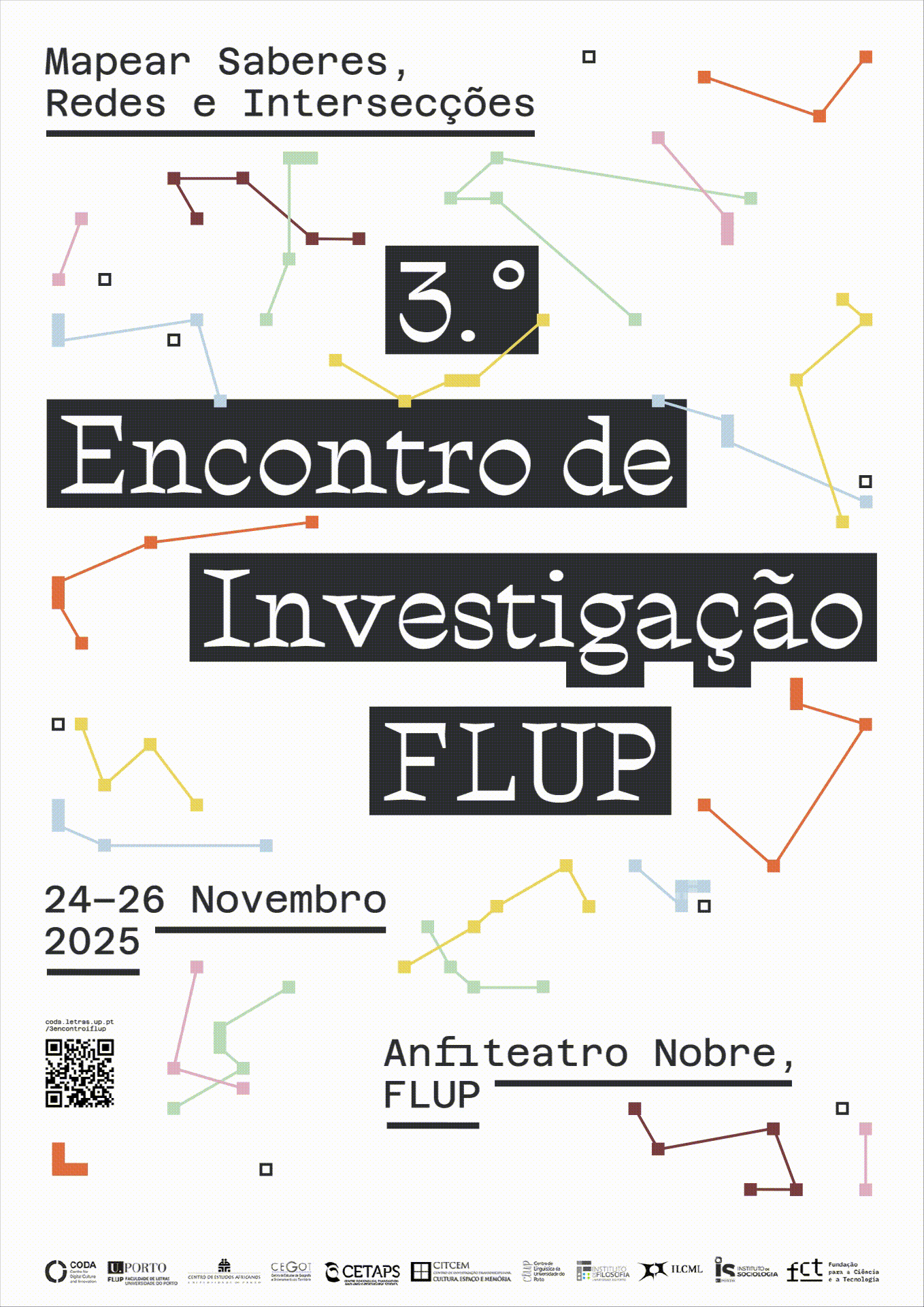#CODA - Wikimedia Sessions
As sessões resultantes da colaboração do CODA com a Wikimedia Portugal visam envolver a comunidade da FLUP e da UPorto na exploração de um importante recurso para o estudo e desenvolvimento da cultura digital. É cada vez maior o número de instituições GLAM (Galleries, Libraries, Archives and Museums) que associam os seus acervos digitais à Wikidata, a maior rede de conhecimento atual - em Portugal destacam-se o agregador de arquivos digitais Rossio (https://rossio.pt/) e a Biblioteca Nacional de Portugal (https://www.bnportugal.gov.pt/); a nível internacional destacam-se Universidade de Edimburgo, Museu Reina Sofía, MoMA, The British Museum, Smithsonian Archives of American Art, entre outros. Para além de facilitarem a ligação e os estudos cruzados com fontes diversas, a Wikidata proporciona uma redundância de segurança para os dados das instituições. Releva-se ainda a importância da Wikipedia que, ao utilizar o conhecimento académico como referência primária, pode aumentar exponencialmente a sua difusão e o seu impacto social.
#CODA 404 - 2eR em DH
A cycle of lectures/workshops exploring the multiple ways in which research in the field of digital humanities may stray or deviate from 'correct' or 'expected' practices and methods. Intended to be a thought-provoking series of talks for anyone interested in the intersection of technology, art, and humanities, these lectures will present unconventional perspectives on the ways in which digital tools and methods can be used to challenge and subvert traditional ways of thinking and creating.
#CODA - Hacktivating as humanidades
The idea of hacking, which popular culture has associated with the invasion or destruction of systems, has emerged as a non-standard way to overcome obstacles and limitations of computer systems. With reference to its original character, this concept can be a powerful tool to activate and revitalize the humanities field. Building on this premise, the “Hacktivating the Humanities” cycle, a CODA - Centre for Digital Culture and Innovation - initiative, aims to bring together national and international researchers whose research can demonstrate how creative and sometimes disruptive approaches are used to transform the way we think about and interact with culture, the arts, and social and human sciences. In this inquiry, participants will also be challenged to rethink their own practices and, therefore, to seek new ways of (re) hacktivating their own paths.
ADOC#CODA
In these sessions, guest experts teach open classes, carefully tailored for a specific purpose: to enhance students' understanding of Digital Humanities, regardless of their field of study. These classes, conducted temporarily, provide a space where knowledge in DH is deepened, disciplinary boundaries are overcome, and interaction among different areas of study is fostered, making this cycle an encouragement for interdisciplinary collaboration in an ever-evolving field.
